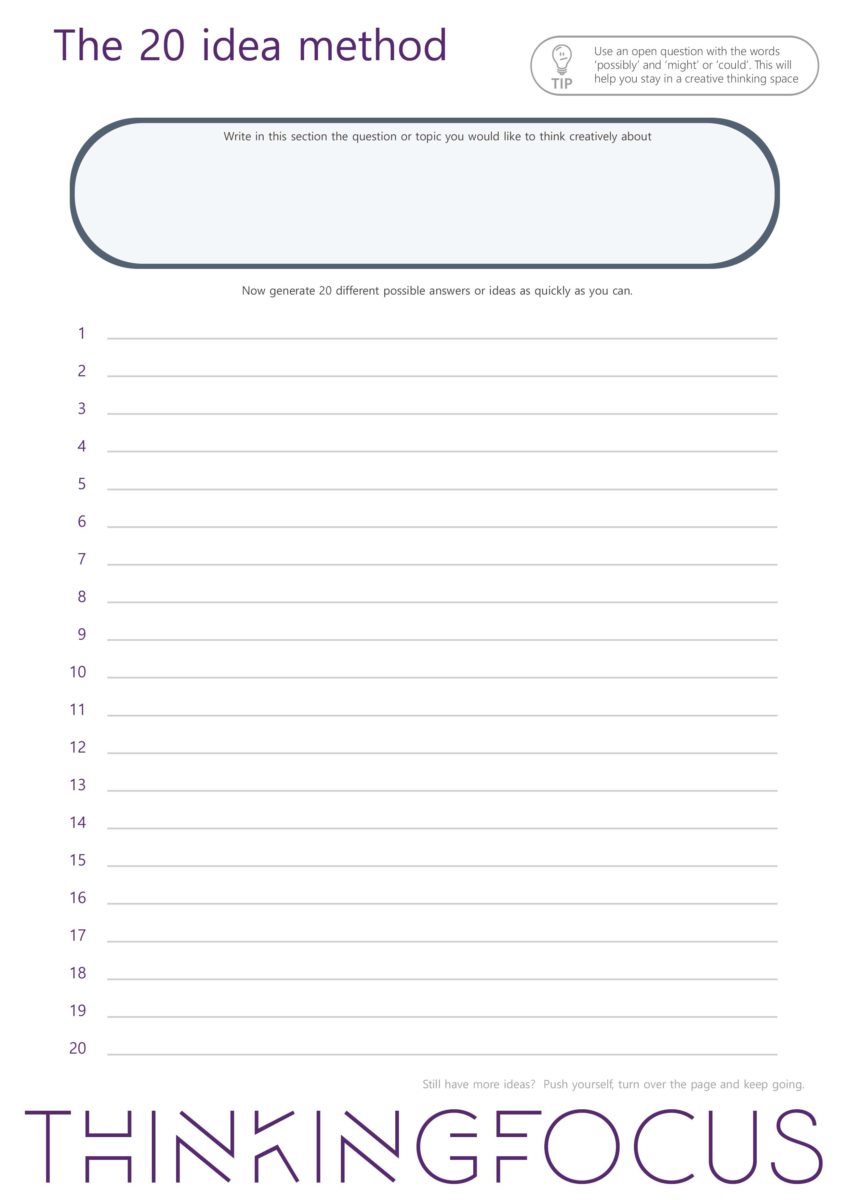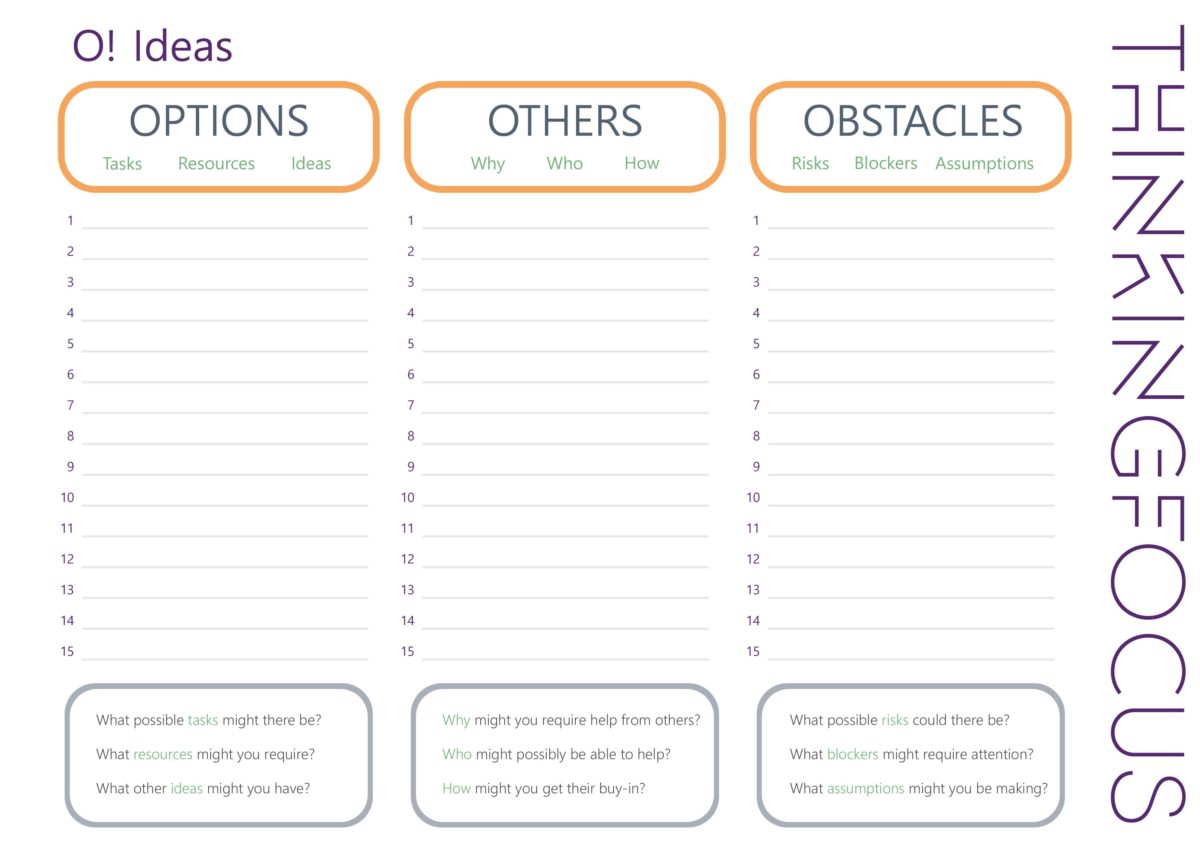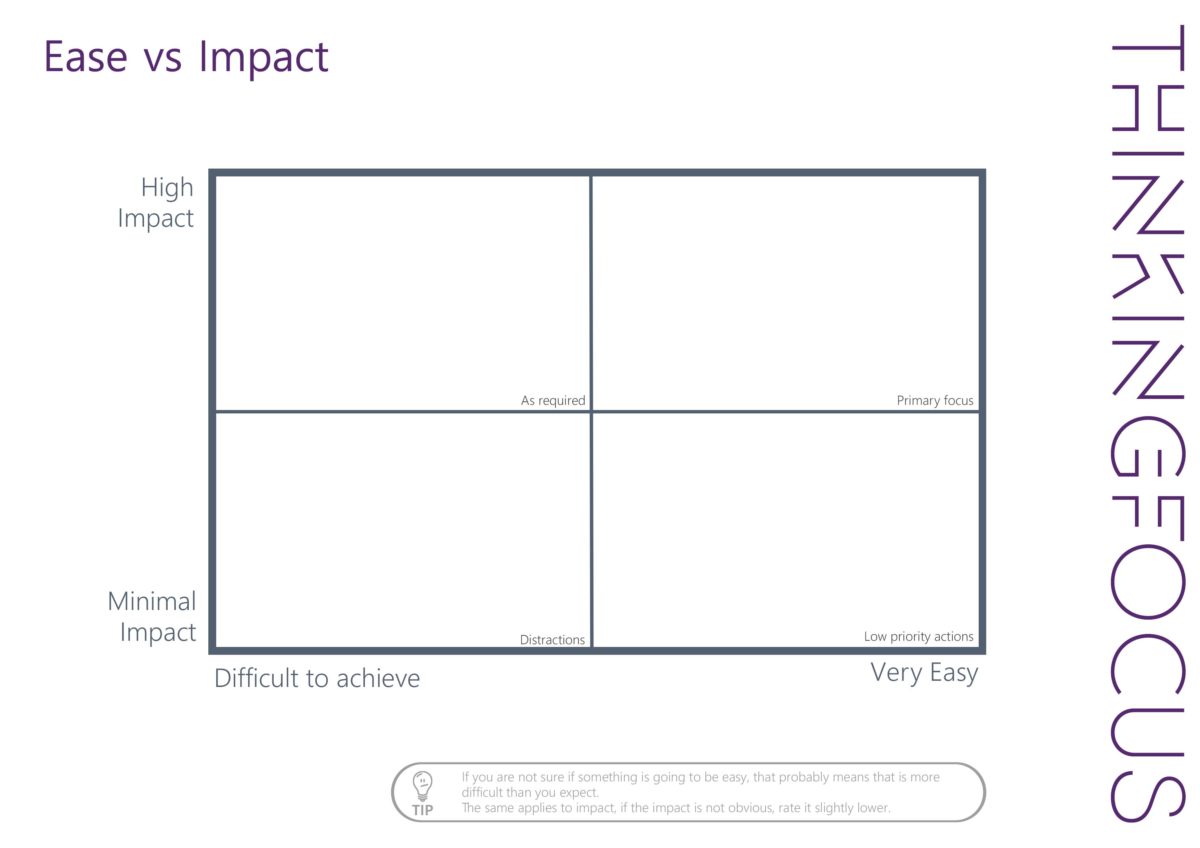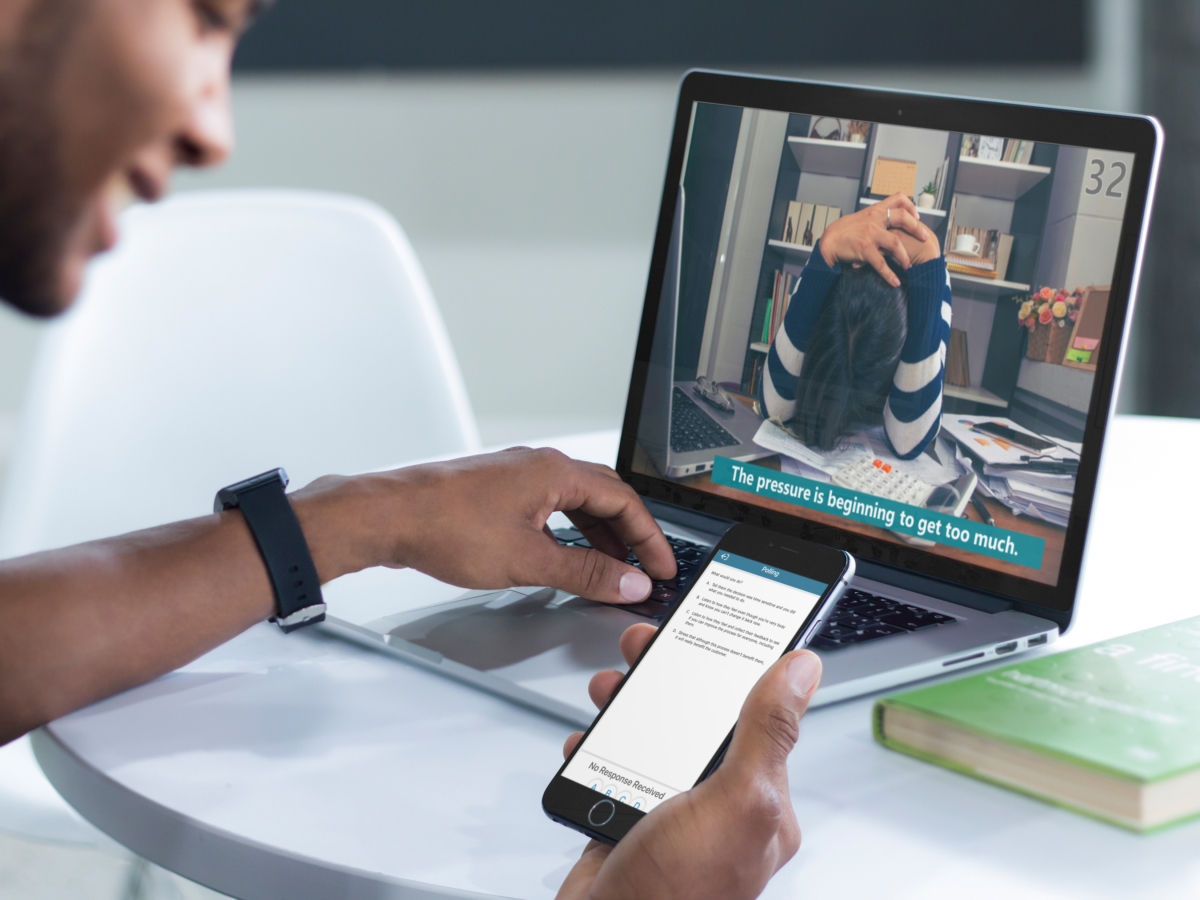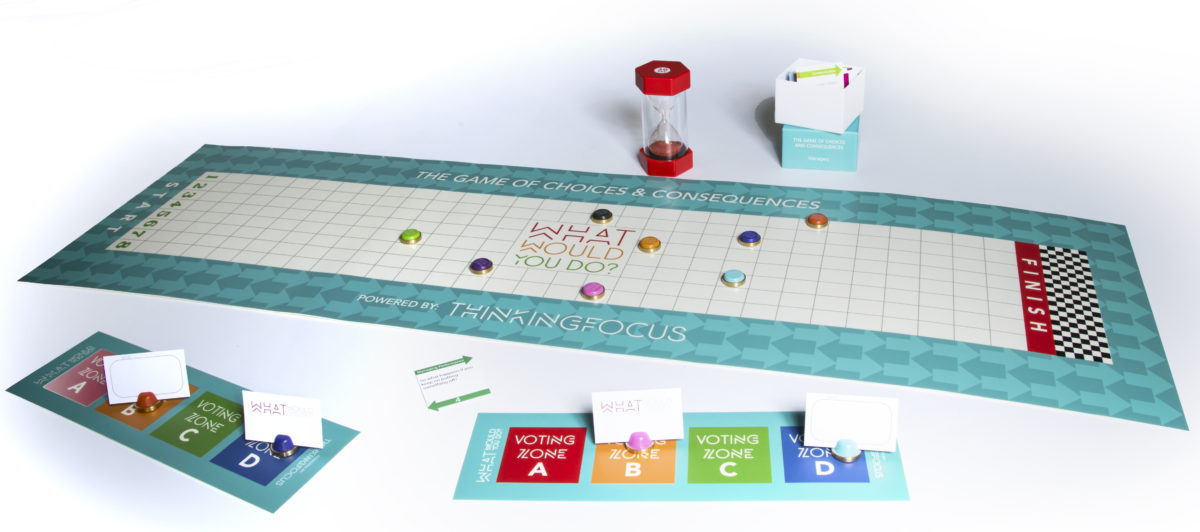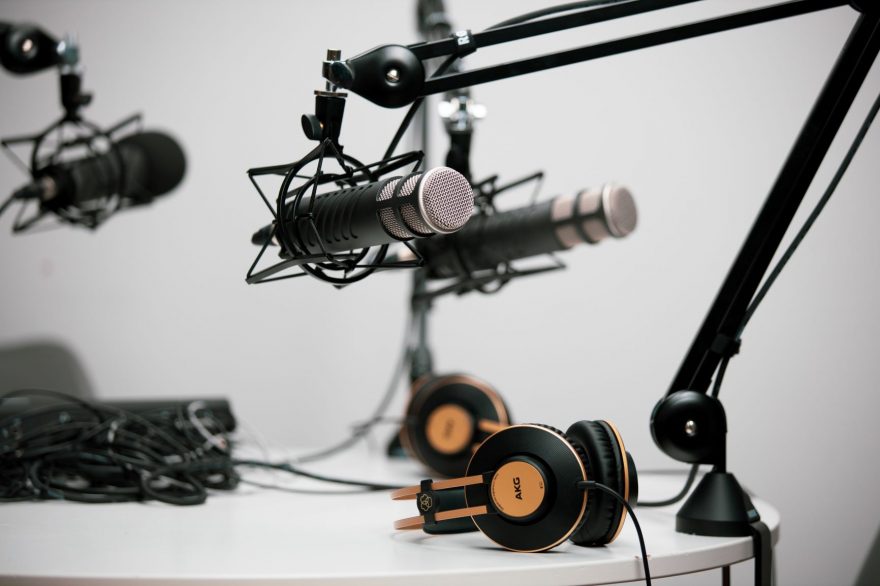Do you know how to make your performance chats easy every time?
All managers love it when they have to give great feedback; that’s easy, providing it’s purposeful that is! However, many managers struggle to hold people accountable during routine feedback or performance meetings. Managers ruminate ahead of giving feedback, catastrophising the team member’s reactions. So they sugarcoat the message, which has no impact and, guess what, leads to no uplift in performance or change in behaviour.
There is a way to make it easier: developing a psychological contract, or as we call it, the expectations chat. This chat aims to establish how the line manager and team members can get the best out of each other, which means giving feedback. So why not agree upfront on how you do that and get the two-way permission agreed upon while there are no issues in the relationship?
In this video, we share a simple four-step process that will make every performance chat easy and straightforward every time.


